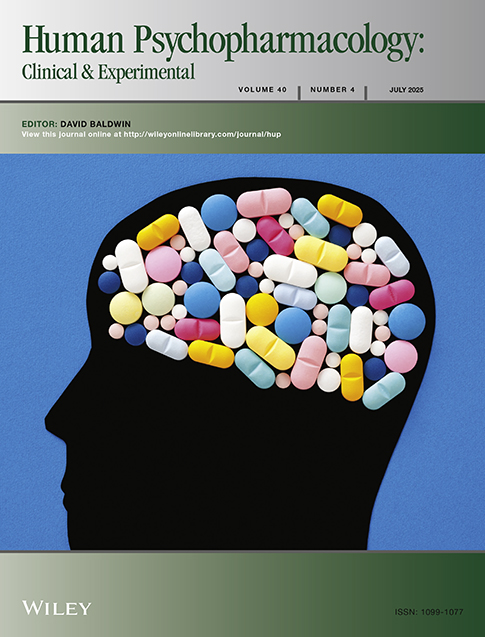Association study of polymorphisms in Insulin Induced Gene 2 (INSIG2) with antipsychotic-induced weight gain in European and African-American schizophrenia patients†
Conflict of interest: AKT/CCZ/DJM report no competing interests. HYM has received grants or is a consultant to: Abbott Labs, ACADIA, Bristol Myers Squibb, Eli Lilly, Janssen, Pfizer, Astra Zeneca, Glaxo Smith Kline, Memory, Cephalon, Minster, Aryx and BiolineRx. HYM is a shareholder of ACADIA. JAL reports having received research funding or consulting or educational fees from AstraZeneca, Bristol-Myers Squibb, Eli Lilly, Forest, GlaxoSmithKline, Janssen, Novartis, Pfizer and Solvay. JLK has been a consultant to GSK, Sanofi-Aventis, Dainippon-Sumitomo.
Abstract
Objective
Atypical antipsychotic drugs, in particular clozapine and olanzapine, influence cellular lipogenesis and are associated with metabolic side effects including weight gain. Insulin induced gene 2 (INSIG2) mediates feedback control of lipid synthesis and polymorphisms in the gene (rs17587100, rs10490624 and rs17047764) have been associated with antipsychotic induced weight gain. In this study we intended to replicate these findings in an independent patient population.
Methods
All three polymorphisms as well as an additional polymorphism (rs7566605) were genotyped in 154 patients who underwent treatment for chronic schizophrenia with one of four antipsychotics (clozapine, olanzapine, haloperidol or risperidone). Patients were evaluated for antipsychotic induced weight gain during treatment for up to 14 weeks.
Results
We did not observe any significant allelic, genotypic or haplotypic association of the polymorphisms with antipsychotic induced weight gain in the patients of European ancestry (p > 0.05). In the patients of African ancestry, no haplotypic association was observed but a trend of allelic association with the C allele of rs7566605 and genotypic association with the ‘GC’ genotype in rs17047764 was observed (p = 0.02; pBonferroni = 0.225).
Conclusion
We were unable to replicate significant associations in patients of European ancestry. However, we observed a marginal effect of the rs17047764 and rs7566605 in the African-American sample. Since the latter observations were generated in a relatively small sample set, further replication studies are warranted. Copyright © 2010 John Wiley & Sons, Ltd.




